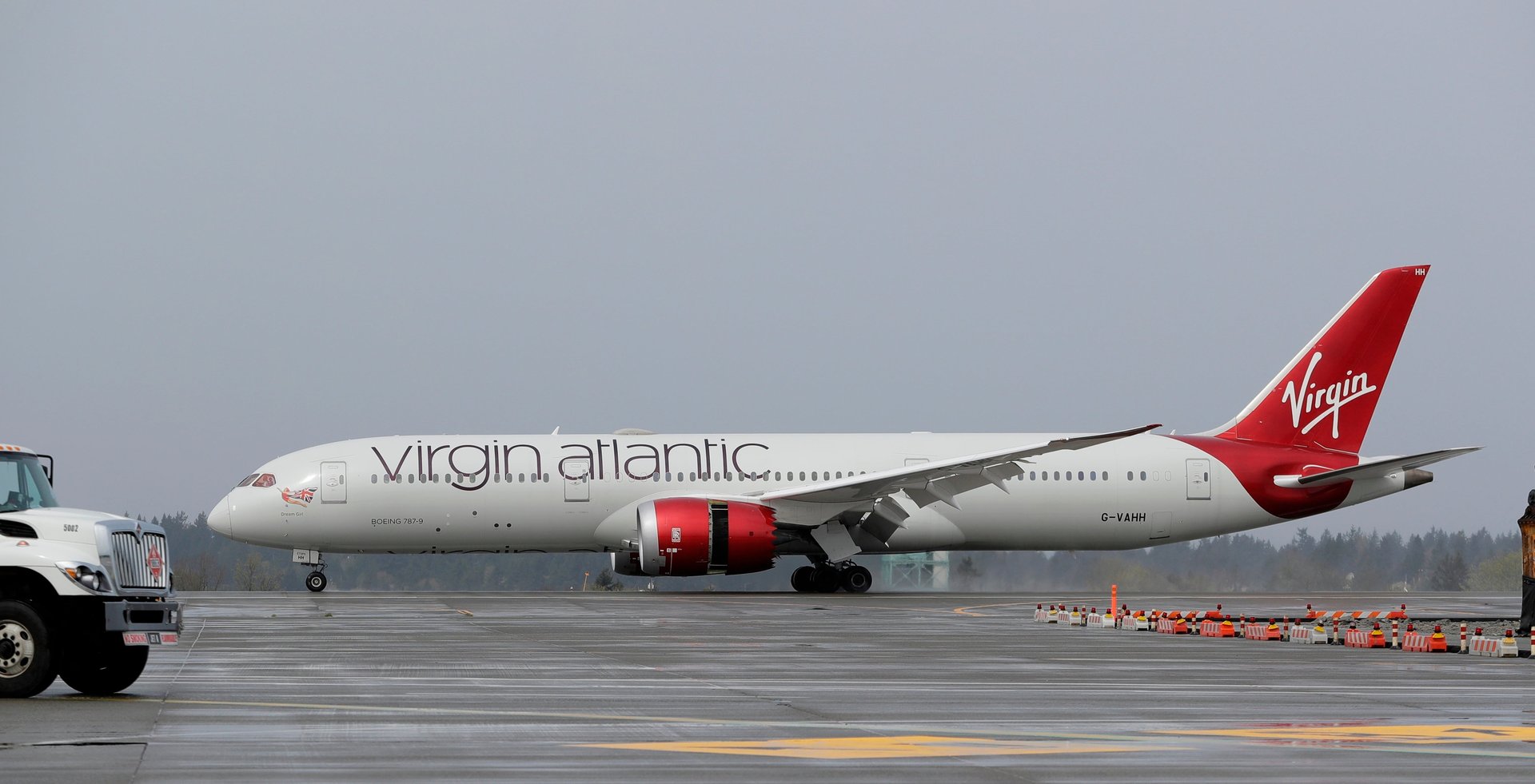Virgin Atlantic needs a rescue plan, and fast
Sir Richard Branson, the founder of the Virgin Group, is on the hunt for a white knight. With coronavirus wreaking havoc on the world’s airlines, Virgin Atlantic will need a substantial boost from the public or private sector, if not both, to prevent its collapse.


Sir Richard Branson, the founder of the Virgin Group, is on the hunt for a white knight. With coronavirus wreaking havoc on the world’s airlines, Virgin Atlantic will need a substantial boost from the public or private sector, if not both, to prevent its collapse.
But such a hero has not yet been forthcoming. Requests to the UK government for a loan of £500 million ($650 million) appear to be falling on deaf ears. In the meantime, the airline has hired investment bank Houlihan Lokey to reach out to investors able to provide the airline with emergency cash, according to the Guardian. More than 100 potential investors are reported to have been contacted so far.
In the UK, where the airline has paid taxes in times of profit, public sentiment is not in Branson’s favor. The billionaire, whose fortune is estimated at £4.7 billion ($5.8 billion), does not pay tax in the UK, and lives tax-free on the private Necker Island, in the British Virgin Islands. Branson’s Virgin Group, which began as a record store, also includes interests in book publishing, motor racing, and telecommunications, among other industries.
Prominent UK politicians, especially on the left, have spoken out against a potential bail-out, on the grounds Branson does not individually contribute to the UK’s tax coffers. The Conservative government last month told airlines to look elsewhere for help: Rishi Sunak, the country’s chancellor of the exchequer, said the government would only step in as “a last resort,” and suggested turning to shareholders instead.
If the UK government does not come through, however, it’s not clear who will. Branson currently owns a 51% share of Virgin Atlantic; the remainder belongs to US airline Delta, which has recently sought billions in support from the US government. Speaking to investors, Ed Bastian, the CEO of Delta, said the airline could not make any financial commitment to Virgin. Virgin America, the group’s domestic-only carrier, was purchased by Alaska Airlines in 2016, after about a decade of low-fare service within the US.
In an open letter to staff, Branson promised to mortgage his private island to help raise money to support the Virgin Group and “to save as many jobs as possible.” His own fortune was less useful than it might appear, he wrote: “My net worth … is calculated on the value of Virgin businesses around the world before this crisis, not sitting as cash in a bank account ready to withdraw … The challenge right now is that there is no money coming in and lots going out.”
To stave off unemployment, Virgin Atlantic employees collectively opted to take a wage reduction for eight weeks, spread across six and a half months. But this action is unlikely to make enough of a difference. Throughout a decade in which peers such as British Airways experienced record profits, Virgin Atlantic has struggled to remain in the black, failing to make a profit since 2016.
Virgin Australia, the group’s arm in the Antipodes, has already been felled by the crisis. The airline last week went into voluntary administration, the equivalent of bankruptcy, giving Australian airline Qantas a virtual monopoly. Initial filings with Australia’s Federal Court suggest that the airline owes creditors in the region of US$4.3 billion.